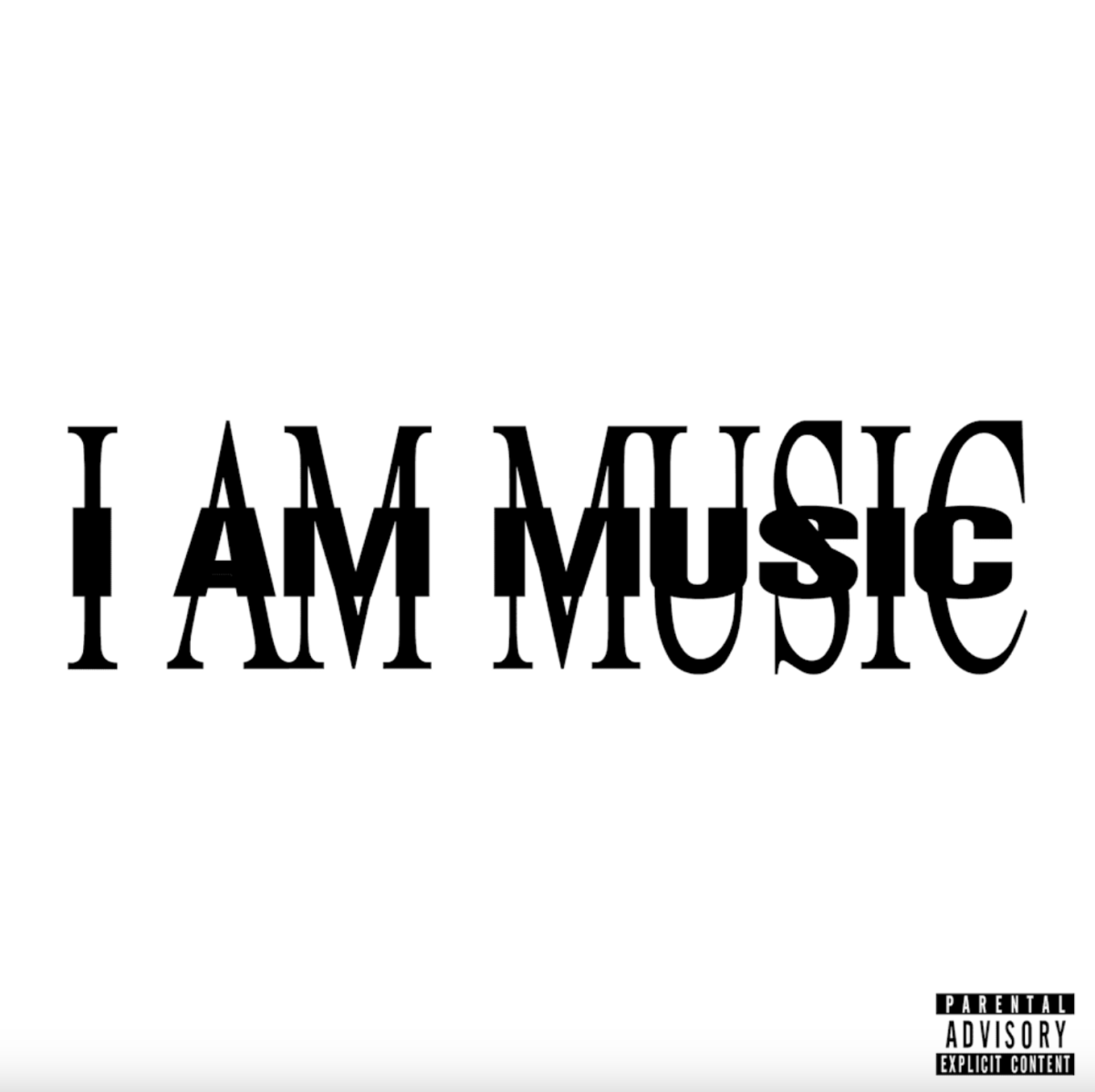It may be an unpopular opinion nowadays, but the notion that people’s personal beliefs can’t be mocked or laughed at bothers me. To me, free speech is exactly that — the freedom to speak about whatever or whomever one wants to speak about. There should be no limits on freedom of speech and expression.
Those who practice religion can rub their holy books in anyone’s faces they like — we see this all the time, especially with athletes and the Bible. When Russell Wilson led the Seahawks to a conference title last weekend, he proclaimed that God was the reason for his performance, and that God made him throw interceptions to set the scene for a dramatic ending. If someone so prominent in American popular culture can wag his personal religious beliefs in everyone’s faces, why can’t, say, an atheist satirist boast his beliefs and mock the other’s on behalf of those who also don’t conform to Christian ideals? Those who claim that religious folks have a God-given (pun intended) right to share their beliefs, which nonreligious people somehow lack, are propping up a dangerous double standard.
That’s why Pope Francis’ comments in the aftermath of the Charlie Hebdo shooting irked me.
“Every religion has its dignity,” he said. “One cannot provoke, one cannot insult other people’s faith, one cannot make fun of faith. … If my good friend Dr. Gasparri says a curse word against my mother, he can expect a punch. It’s normal.”
While I don’t exactly expect the Pope to be a fan of mocking religion, it’s incredibly discouraging to see a public figure of his stature give free speech such a cruel gut-punch. It’s just plain wrong.
Satire is inexpressibly important to the health of our society. It’s a clever way to challenge ideas, both popular and unpopular, and force people to think critically about those ideas. It casts those ideas in a different light than usual and causes people to reconsider long-held opinions. It is a potent weapon against dogma and prejudice, but it is not violent in the least.
Jokes will certainly offend people. Such is life; not everything will please you. Your beliefs, whether they concern the Quran, the Bible, the Torah or any other holy book, will be mocked — if not for the fact that, using scientific evidence, those religious teachings are historically inaccurate and impossible to prove, then simply because free speech has no boundaries.
Satire has existed for centuries, even among our Founding Fathers. Benjamin Franklin, for example, is commonly identified as a man who always poked fun at what he found ridiculous. Publications all over the world, both foreign and domestic, verbally and photographically eviscerate religions, politicians and celebrities; just check out Punch, Mad and The Onion, to name a few. Charlie Hebdo, despite the fact that it deliberately provoked and took aim at a specific religion and set of beliefs, is no different. As Michael Taube of the Washington Times notes, the French weekly newspaper is not “anti-Muslim,” “anti-Semitic” or “anti-Christian.” They are an equal opportunity offender of all religions, all groups of people, all political parties and so on. To them, no group of people is too sacred to be scrutinized or made fun of. And, frankly, no group should be.
Last summer’s racially-motivated protests in the aftermath of events in Ferguson and New York led to widespread protests and the pursuit of equality — i.e., the idea that no individual person or group should be prioritized over others. That ideal applies to this conversation as well.
The goal of terrorists, whether they be radicalized Islamists or not, is to force their beliefs onto others and squelch any dissent. Tolerance is important, but it does not mean we must focus on pluralism to the extent that we curtail our own liberties. If we prioritize sensitivity to those radicalists over freedom of speech and expression, we’re giving the terrorists exactly what they want. The world must not go in that direction.






